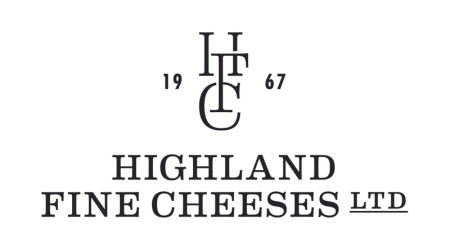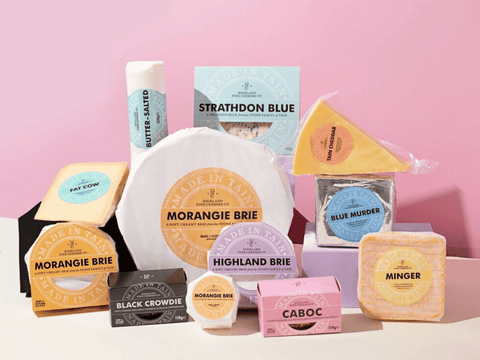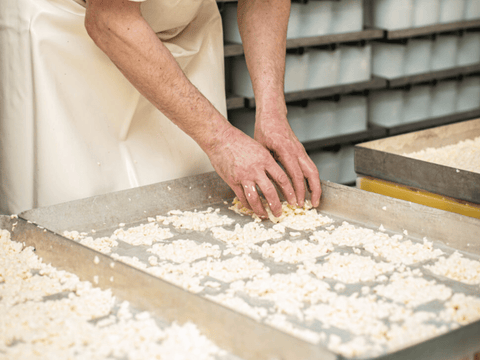Slice it whichever way you like, French cheesemakers are still setting the pace in the race for gastronomic excellence.
Not since Napoleon’s Old Guard broke themselves, in a last bid for victory, on the implacable British lines at Waterloo have the French been sent reeling in such a devastating and irrecoverable manner.
That, in essence, was the way our press – never, of course, known to be understated – interpreted the recent report that not one of France’s famous fromages made it into the Top 10 of the 100 Best World Cheeses, as chosen by global food website TasteAtlas.
“Has It Comté This?” was one of the better headlines, as the news that all but two of the Top 10 cheeses were Italian allegedly silenced the pavement café chatter in the Champs Élysée. The other two – quelle horreur – were from Portugal and Poland.
Even one top French rolling TV news channel said the results were a “crushing blow for French gastronomy”.
I beg to differ.
I have to suspect that, rather than weeping into their red wine and breaking out the funerary vestments for their cheese industry, most French people will quite rightly dismiss this latest pop at them with a Gallic shrug and a piece of Roquefort.
When you have been at the top of the pile for so long – their butter and cheese industry is worth €47.1 billion, employs nearly 100,000 people and sits, as if by right, at the top of Europe’s top 10 – you have to expect the odd upstart gunslinger to come along occasionally.
Similarly, I would not dream of questioning the authenticity (not to say remarkable perspicacity and discernment) of culinary ratings like this from TasteAtlas – especially since five of my products are in its Top 10 Scottish Cow’s Milk Cheeses listing.
But, like a taster extracting a sample plug from a round of cheese, it pays to drill down a bit into the site’s findings and it is clear that the Italians are much better at promoting their products abroad – Italy exports 40,000 tons of Parmesan compared to France’s 4,000 tons of Comté.
The French cheese market is, quite simply, France. Its domestic consumption is prodigious and all records were broken during the Plague Year in 2020 when everyone was confined to barracks with a baguette and a bit of brebis.
Statistically, each French person scoffs 26kg of cheese a year – that’s 1lb a week in real money. Nearly 100% say that they eat it regularly and a full 40% report that they eat it every day.
And local production is of primary importance. We had cheesemakers from Perpignan, near the Spanish border, visiting our production site in Tain, and they stressed how vital it was for them to supply village and town markets.
I questioned how this could be cost-effective. They pointed out that a typical French housewife will stand at the counter of one of these huge mobile cheese stalls which are emblematic of local markets, haggle a little for the sake of propriety and then spend €60 or €70 on her week’s supply.
And, in what could be a salutary lesson for those espousing the circular economy in this country, the French authorities insist that any institution supported by public money must source produce from the departments in which they operate.
Thus schools, colleges, local government offices with canteens, even military establishments must get their produce from local enterprises. I was told of one barracks which could have sourced yoghurt nationally at 30c a tub, but bought it from a nearby dairy for €1.
Some also say that the French are stuck in a gastronomic past, but this is just not true. They make the styles they do because they happen to be the most popular and the tastiest.
And they are constantly experimenting, improving and evolving, and all the major technology and manufacturing innovation in the industry globally pretty much comes from France.
Charles De Gaulle famously asked: “How can anyone govern a nation that has two hundred and forty-six different kinds of cheese?” Perhaps the simplest answer is just to let them get on with it.



